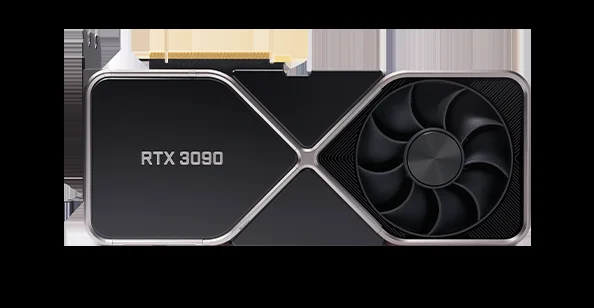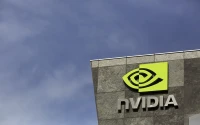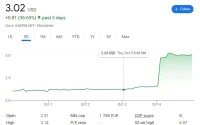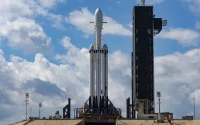The AI Gold Rush: Are GPU Investments a Ticking Time Bomb?
Okay, folks, let's dive into something that's been buzzing around the AI circles lately: the looming question of GPU depreciation. You've seen the headlines, the nervous chatter – are we all just throwing money into a fire pit, expecting AI gold, but really just fueling a bonfire of obsolete tech? The short answer is: absolutely not. But, like any technological revolution, it's crucial to understand the landscape to navigate it successfully.
I saw a headline the other day that really caught my eye: "The question everyone in AI is asking: How long before a GPU depreciates?" It sounds ominous, right? Like we're all on the verge of financial ruin. But here’s the thing: technological advancement always comes with the risk of obsolescence. Remember when a top-of-the-line computer cost as much as a car? Did that stop innovation? Did it stop you from embracing the possibilities? Of course not!
The fear stems from the rapid pace of AI development. New models, new architectures, new demands – it feels like what’s cutting-edge today is antique tomorrow. And to some extent, that's true. But it's also missing the bigger picture. This isn’t just about GPUs becoming outdated; it's about the value they generate in the meantime. Think of it like this: a farmer invests in a tractor. That tractor won't last forever, and newer models will always be more efficient. But the crops it helps produce provide a return on investment long before the tractor rusts away.
AI infrastructure is the same. The GPUs we're deploying today are powering breakthroughs right now. They're training models, running simulations, and driving innovation across industries. And it's not just about the big players. It's about democratizing access to AI, empowering smaller companies and individual researchers to push the boundaries of what's possible. What new business models are being enabled as we speak? What problems are being solved that we haven’t even thought of yet?

Investing in the Future, Not Just Hardware
Here's where my excitement really kicks in. This isn't just about the lifespan of a piece of hardware; it's about the ecosystem being built around it. Cloud providers are offering GPU-as-a-service, making cutting-edge technology accessible without massive upfront investments. Software is being optimized to run on a wider range of hardware, extending the useful life of existing GPUs. And, crucially, the value generated by AI is far exceeding the cost of the infrastructure.
I was reading a thread on Reddit the other day, and one comment really stood out: "Even if my GPU becomes 'obsolete' in a year, the insights and models I'll have created with it will be invaluable." Exactly! It's about the knowledge, the data, and the intellectual property generated during that time. This is not about buying and holding; it's about using and creating.
Of course, we need to be smart about it. Strategic planning, optimized resource allocation, and a keen eye on emerging technologies are all essential. We also need to consider the ethical implications. As AI becomes more powerful, we have a responsibility to ensure it's used for good. Bias in training data, algorithmic transparency, and responsible deployment – these are all critical considerations. But let's not let those concerns paralyze us. Every great leap forward in human history has come with risks and responsibilities. The printing press, the automobile, the internet – all transformative technologies that required careful navigation. AI is no different, and the speed of its development is just staggering—it means the gap between today and tomorrow is closing faster than we can even comprehend.
And that brings me back to the original question: how long before a GPU depreciates? The question everyone in AI is asking: How long before a GPU depreciates? The real answer is: it doesn't matter as much as you think. The value isn't in the hardware; it’s in the innovation it unlocks. It's in the problems it solves. It’s in the future it creates. When I first saw a demo of the latest AI model running on these GPUs, I honestly just sat back in my chair, speechless. It was a moment of pure, unadulterated awe, and it reminded me why I got into this field in the first place.










